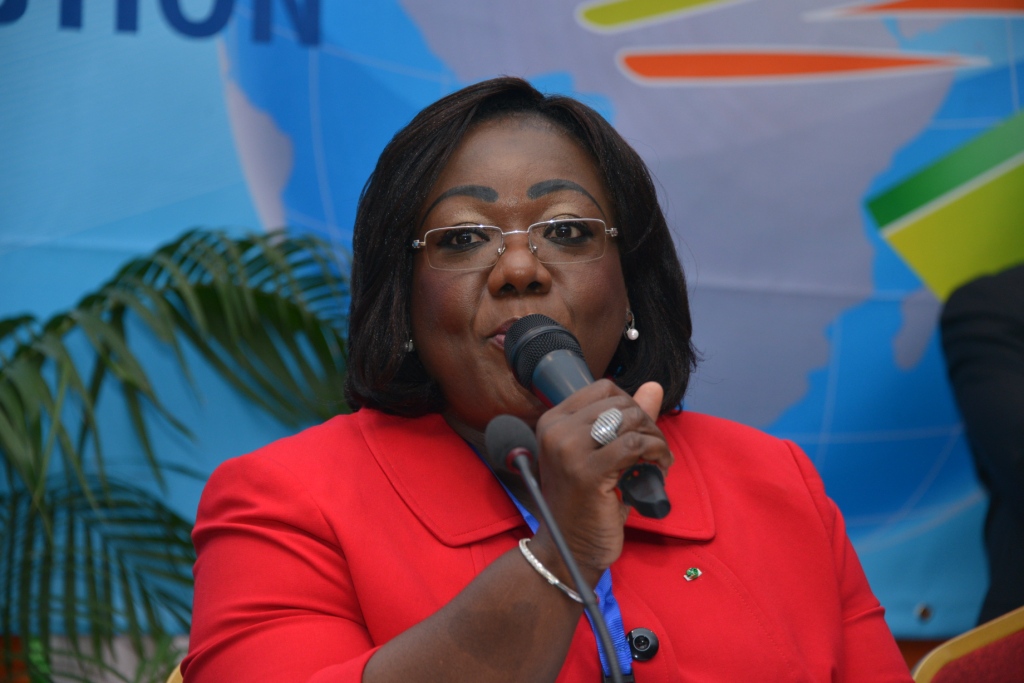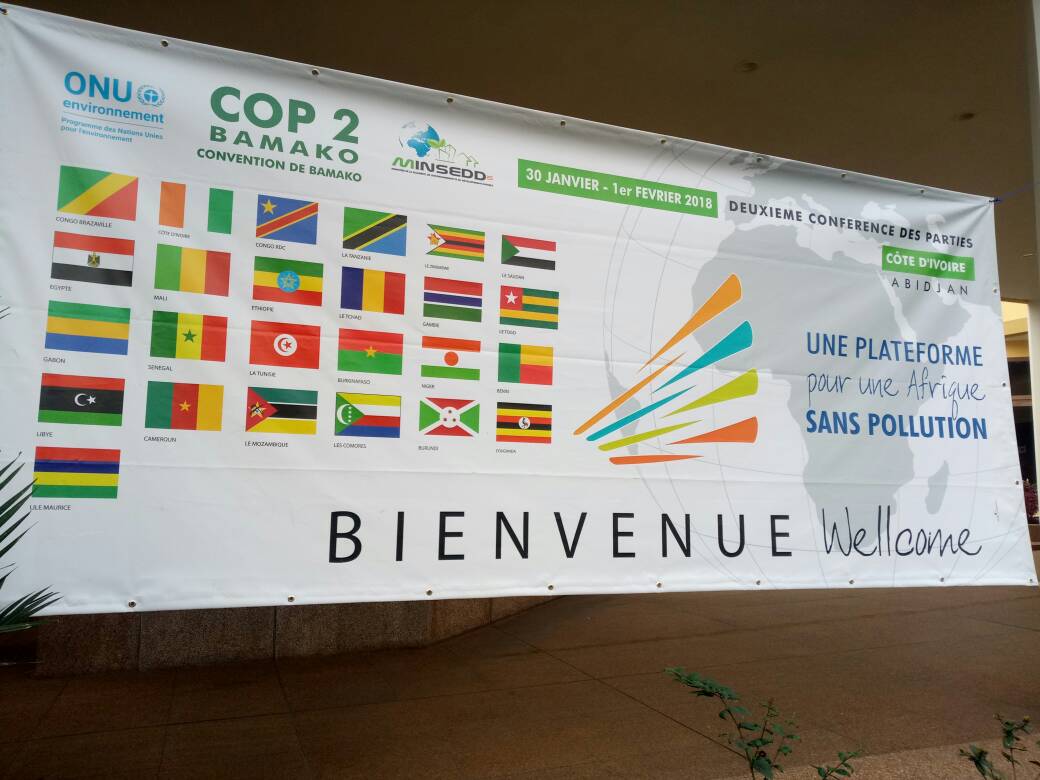
By Elias Ngalame Ntungwe
Africa could see its energy shortfall significantly improved with the launch of a map showing the continents rich resource potentials and opportunities for investors in especially renewable energy exploitation. The new Atlas launched today January 30th,2018 in Abidjan, Cote D’Ivoire,by the UN Environment and African Development Bank shows energy exploitation hot spots in the continent and some opportunities up for grabs for investors in the sector.
Prepared in cooperation with the Environment Pulse Institute, United States Geological Survey and George Mason University, the Atlas consolidates the information on the energy landscape in Africa. It provides information in the form of detailed ‘before and after’ images, charts, maps and other satellite data from 54 countries through visuals detailing the challenges and opportunities in providing Africa’s population with access to reliable, affordable and modern energy services.
“The Atlas makes a strong case that investments in green energy infrastructure can bolster Africa’s economic development and bring it closer to achieving the Sustainable Development Goals,” said Juliette Biao Koudenoukpo, Director and Regional Representative, UN Environment, Africa Office.
“It is an important policy guide for African governments as they strive to catalyze national development by making use of their energy resources,” she added.
The Atlas shows both the potential and the fragility of the continent’s energy resources which are at the heart of Africa’s socio-economic development. It highlights some success stories of sustainable energy development around the continent, but it also puts the spotlight on major environmental challenges associated with energy infrastructure development.
The report accompanying the launch notes that Africa is endowed with enormous renewable and non-renewable resources that can be tapped by investors to boost economic development and fight against poverty.
Investments in green energy infrastructure can bolster Africa’s economic development and bring it closer to achieving the Sustainable Development Goals , the report says.
Energy consumption in Africa is the lowest in the world, and per capita consumption has barely changed since 2000 shows.
Some useful findings contained in the Atlas include; that the poorest African households spend 20 times more per unit of energy than wealthy households when connected to the grid.
It also revealed that Africa has the world’s lowest per capita energy consumption: with 16 per cent of the world’s population (1.18 billion people out of 7.35 billion) it consumes about 3.3 per cent of global primary energy.
With current trends, it will take Africa until 2080 to achieve full access to electricity.
Of all energy sources, Africa consumes most oil (42 per cent of its total energy consumption) followed by gas (28 per cent), coal (22 per cent), hydro (6 per cent), renewable energy (1 per cent) and nuclear (1 per cent).
South Africa is the world’s seventh largest coal producer and accounts for 94 per cent of Africa’s coal production.
Africa’s renewable energy resources are diverse, unevenly distributed and enormous in quantity — almost unlimited solar potential (10 TW), abundant hydro (350 GW), wind (110 GW) and geothermal energy sources (15 GW).
Nearly 60 per cent of refrigerators used in health clinics in Africa have unreliable electricity, compromising the safe storage of vaccines and medicines; half of vaccines are ruined due to lack of refrigeration.
Energy from biomass accounts for more than 30 per cent of the energy consumed in Africa and more than 80 per cent in many sub-Saharan African countries. Indoor pollution from biomass cooking — a task usually carried out by women — will soon kill more people than malaria and HIV/AIDS combined.
Sub-Saharan Africa has undiscovered, but technically recoverable, energy resources estimated at about 115.34 billion barrels of oil and 21.05 trillion cubic metres of gas.
More women than men suffer from energy poverty.










